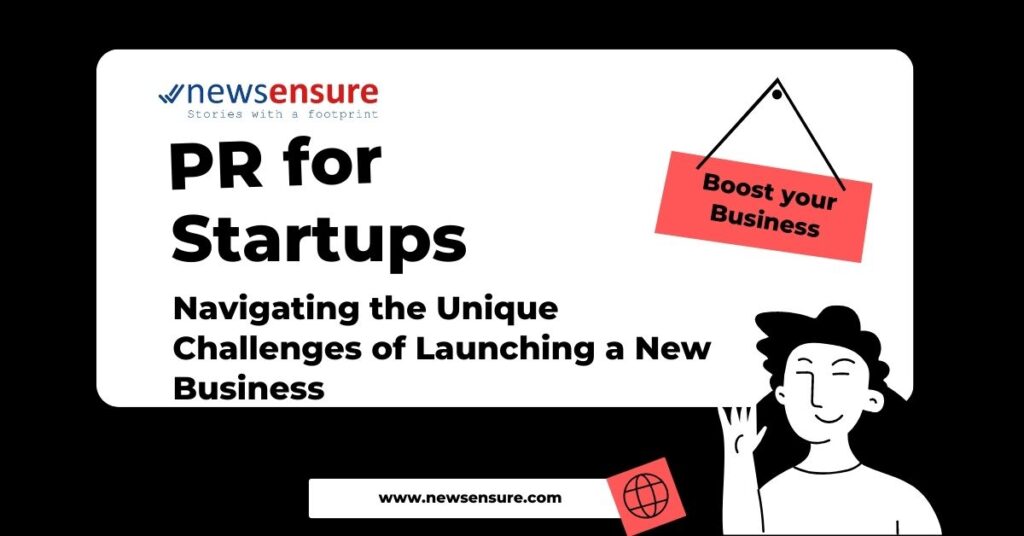An effective public relations campaign can often spell the difference between a startup’s success or failure. Contrary to conventional wisdom, the world does not automatically beat a pathway in pursuit of a better mousetrap.
The challenge for a new venture is simple: it needs to communicate its superior value proposition to all of its target audiences, a group that often includes potential customers, investors, and business partners.
Following are several proven tactics and strategies to create awareness — and positive buzz — about your product or service.
One of the primary challenges for startups is establishing credibility. Unlike established businesses with a track record, startups need to gain the confidence of a skeptical marketplace. The solution: creating compelling narratives that showcase the vision, expertise, and potential of the startup’s founders. Thought leadership articles, media interviews, and strategic partnerships can help boost the startup’s credibility and build trust with the target audience.
2. Differentiating in a Saturated Market:
Startups often enter markets already filled with established competitors, a situation that can be turned to their advantage. Stress how your offering addresses existing customer pain points, and introduces creative solutions that represent a substantial improvement over the status quo. A well-defined brand story, supported by case studies and testimonials, can help the startup carve a niche and differentiate itself effectively.
3. Navigating Limited Budgets:
Startups typically have limited financial resources, making budget-conscious PR strategies essential. The good news is that there are relatively low-cost options available, including social media, content marketing, and influencer partnerships. Engaging with micro-influencers can yield impressive results at a fraction of the cost of working with top-tier influencers.
4. Securing Media Coverage:
Securing media coverage can significantly boost a startup’s visibility and credibility. The formula for success is to identify media outlets relevant to the startup’s industry and target audience. Crafting newsworthy press releases, personalized pitches, and leveraging relationships with journalists can increase the chances of media coverage.
Influencers and brand advocates can play a vital role in amplifying a startup’s message. The challenge is to identify influencers whose audience aligns with the startup’s target market. Collaborating with these influencers can help the startup reach a wider audience and gain credibility through association.
6. Emphasizing on Thought Leadership:
Establishing the startup’s founders as thought leaders in their industry can significantly enhance the startup’s reputation. Routine monitoring of relevant trade publications and web sites will be helpful in identifying speaking opportunities, industry events, and guest blogging platforms to position the founders as experts in their field.
7. Measuring PR Effectiveness:
Measuring the impact of PR efforts is essential to refine strategies and demonstrate ROI to stakeholders. To gauge the success of their PR initiatives, startups must establish key performance indicators (KPIs) and track media mentions, website traffic, social media engagement, and lead generation. Data-driven insights can help optimize future PR campaigns.
In the early stages, startups are especially vulnerable to negative publicity or crises. Startups would be wise to have a basic crisis communications contingency plan in place. Quick and transparent responses, acknowledging mistakes, and providing solutions can help mitigate the impact of a crisis on the startup’s reputation.
